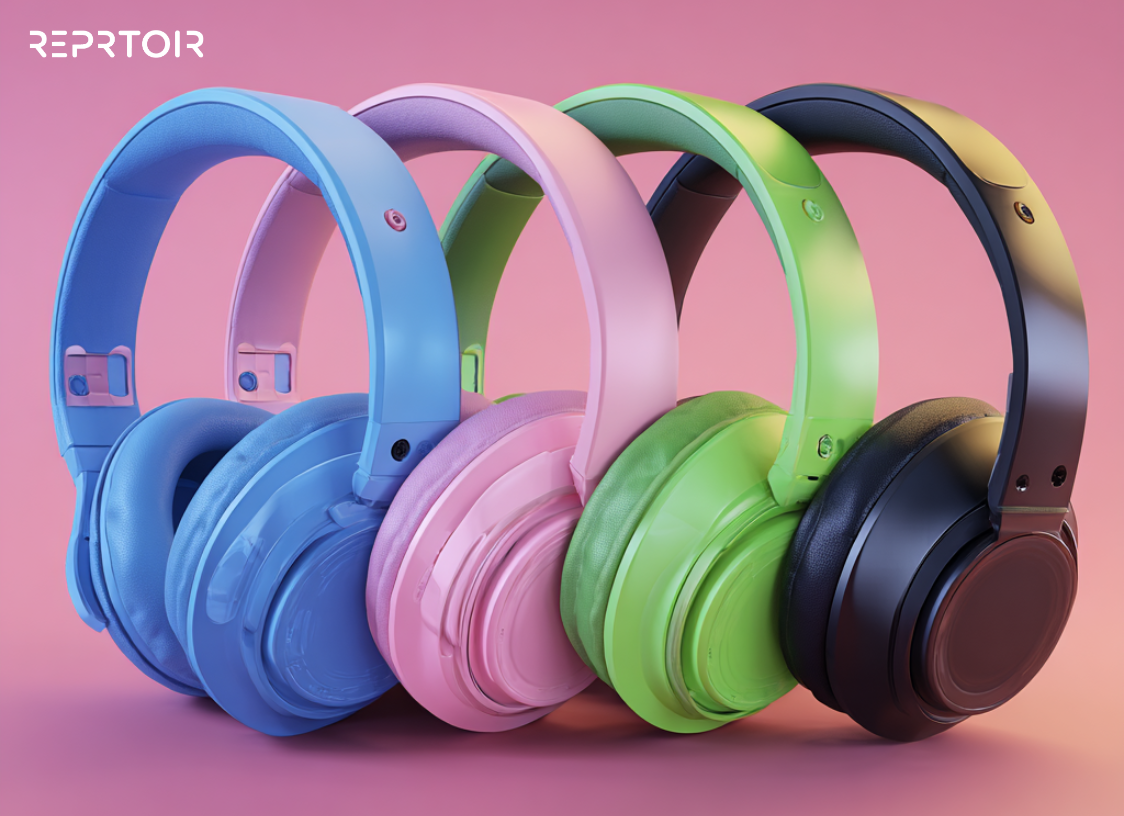Technology has forever changed how human beings interact with each other and live their daily lives, but it has also changed the way that artists interact with their fans. While consumers used to purchase physical albums, those days are largely past for the music industry. Today, record companies are collaborating with worldwide tech companies to figure out how to deliver content to millions of music listeners around the world.
This also means that streaming platforms are delivering more content than just music. Some of them are already making sure that they provide a catalog of podcasts to lure in podcast listeners, as well. Technology in music has changed the music industry, but it also has changed content in itself.
The Rise of Podcasts
First and foremost, we already talked a bit about how podcasting has been on the rise for some time now. The number of people in the United States that listen to podcasts only continues to rise, which has also changed how streaming platforms are competing with each other. As of 2019, 67% of Americans over the age of 12 had listened to a podcast in the past month.
Since streaming platforms allow consumers to listen to whatever music they like, it makes sense that they would use the infrastructure to enable them to also listen to podcasts. Spotify launched an entire advertising campaign that suggests that music listeners remain open to podcasts and what they can learn from them. The campaign was called, “Music, Meet Podcasts.”
Of course, Spotify’s interest in podcasts isn’t just limited to marketing initiatives. Specifically, Spotify reached a $100 million deal with Joe Rogan, one of the most popular podcasters in the world. They have also acquired various podcast startups, including Gimlet, Anchor, and Parcast.
The Streaming Wars
Of course, Spotify is not the only major streaming platform out there. Some of the largest and most influential tech companies have their own streaming platforms, including Amazon and Apple. Amazon allows users in certain countries to listen to podcasts for free, and Apple already offered Apple Podcasts, where iPhone users could listen to thousands of podcasts for free.
One of the reasons that the streaming wars have intensified is because consumers want to customize their own music. At one time in history, these listeners would have had to rely on radio stations to curate their content. These days, they can explore countless artists' discographies and even curate, customize, and share their own playlists. This level of customization was not possible in previous iterations of the music industry.
When Amazon made it clear that they were planning on adding podcasts, there was a noticeable change in Spotify’s stock price. Spotify’s stock price dropped 1.2% off that announcement alone. Amazon Music is available for free for Amazon Prime users, making Amazon billions of dollars a year. In this way, Amazon has packaged music and podcasting content on their streaming platform for users willing to pay a premium.
The Gaming Industry and Livestream Content
Of course, there are now other technological factors to consider outside of music as well. Billions of people play video games a day, and tech companies are very interested in capitalizing on the gaming space. The gaming industry has changed over the past several decades, as well. These days, there are gaming influencers that boast large fan bases and receive millions of dollars in sponsorships to play games. On Youtube, some gamers that boast tens of millions of followers, and are multi-millionaires as a result of people who love watching them stream their gaming.
One popular gamer, Ninja, was paid tens of millions of dollars to leave a gaming platform called Twitch (owned by Amazon) and stream on Microsoft’s gaming platform, Mixer. Mixer has since shut down, but it’s a testament to the fact that some of the most well-known tech companies want in on the livestream action. While Twitch boasts millions of daily active users, Spotify also seems quite aware of the potential here.
That’s one reason that Spotify recently announced a partnership with Riot Games, an Esports partnership that will also reportedly include podcasts. These streaming platforms are not shy about the fact that they are interested in content of all kinds. There appears to be a bridge forming between the music industry and the gaming industry, as evidenced by Sony Music having a stake in Epic Games, one of the world's most popular gaming companies.
There have also been new questions that rise regarding music rights for those who stream, which is one reason why livestream rights have to be protected even more in the current era. The concept of “music listeners” is changing, as it also includes individuals who also mix podcasts and livestream content into their listening habits. Streaming platforms are all competing to make sure that they offer diverse content to keep listeners entertained and engaged.
Knowing all of these changes are here to stay and evolve beyond what we could have anticipated a year or two ago, music publishers and record companies need to adapt, and fast. We are helping our users to manage online catalog, musical works, royalty accounting and even private playlists, all in one workspace, shared by teams.
Book a call with us and discover how we can help you optimize your business while you focus on these major trends and strategies!











